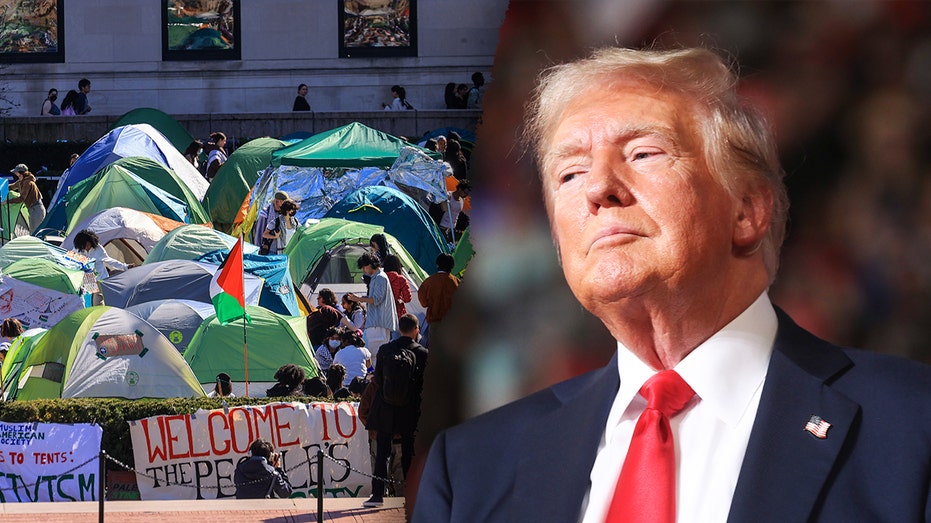A federal judge has issued a temporary restraining order, preventing Immigration and Customs Enforcement (ICE) from detaining Yunseo Chung, a Columbia University student who participated in anti-Israel protests. The order provides immediate protection to Chung, halting any potential arrest and deportation while the court examines the case further.
Chung's legal team argued that ICE's actions were politically motivated and violated Chung's rights to free speech and due process. The judge's decision suggests the court found merit in these arguments, at least enough to warrant a temporary halt to ICE's actions. The specifics of the legal arguments and the judge's reasoning are expected to be released in court documents.
This case highlights the ongoing tensions surrounding campus protests and the potential involvement of federal agencies. The restraining order is temporary, and the legal battle is far from over. The court will likely hold further hearings to determine whether a longer-term injunction is warranted. The outcome of this case could have implications for other students involved in similar protests and the extent to which immigration laws can be applied in such situations.
Judge Blocks ICE Detention of Columbia Protester Yunseo Chung

A federal judge has temporarily blocked immigration authorities from detaining Yunseo Chung, a Columbia University student involved in anti-Israel protests. The restraining order prevents ICE from arresting and potentially deporting Chung while the case is reviewed. This decision offers immediate protection to Chung as legal proceedings unfold. The case raises questions about the intersection of free speech, immigration law, and campus protests.